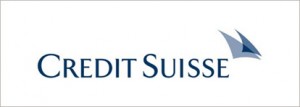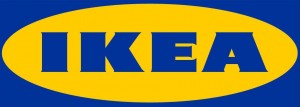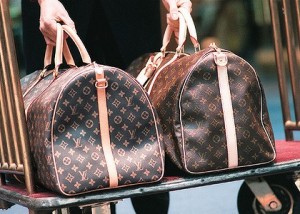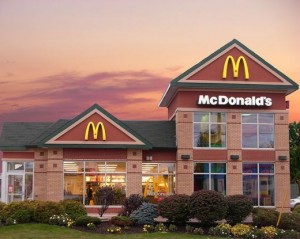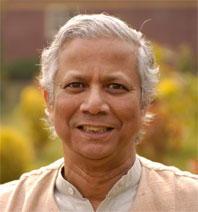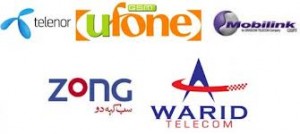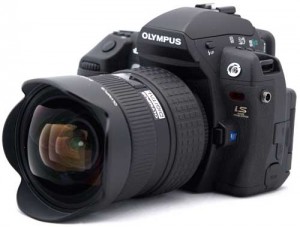Hele Down wrote an excellent blog on businessblogshub.com explaining how business can help promote a positive image of themselves and how it may not necessarily incur high costs.
She implores small businesses to consider using the media to promote themselves and talks about how you should not think that only the big companies use these channels. According to her, other than the time you spend arranging it-the rest of the promotion is virtually free.
I found this extremely interesting because small business do indeed rule out the possibility of promotion using the media (Newspapers, TV or Radio) because more often than not, it is considered extremely expensive. She says ‘Being published in the press or featuring in an industry magazine can add weight to all your other marketing and shouldn’t be seen as something only the big companies go after’. This always made perfect sense to me growing up. If a small business could merely do something newsworthy such as an inauguration event, special discount or special feature, it was guaranteed promotion in the media without it paying a dime.
Hele also says ‘The thing to remember is that good press is more about what your business does than what it says’. This is key, as business should deliver on what they promise and as they say, actions speak louder than words! A business’ actions leave a much more lasting impact than what it may say in its press release.
She also cites examples using which you can generate publicity for your business and not expect heavy costs in return. Her ideas are extremely appealing though one may criticize her on being far too simplistic as quite often, the media requires an ‘extra’ incentive to provide any form of coverage.
As they say, the world is a selfish place.




